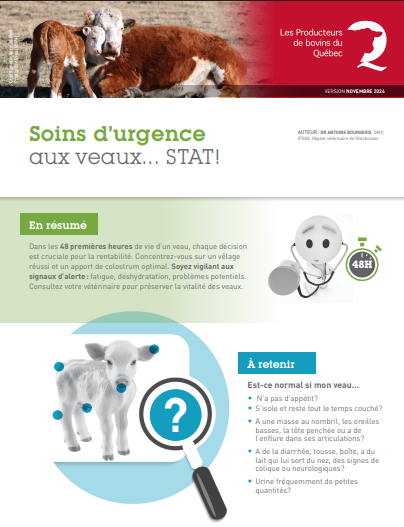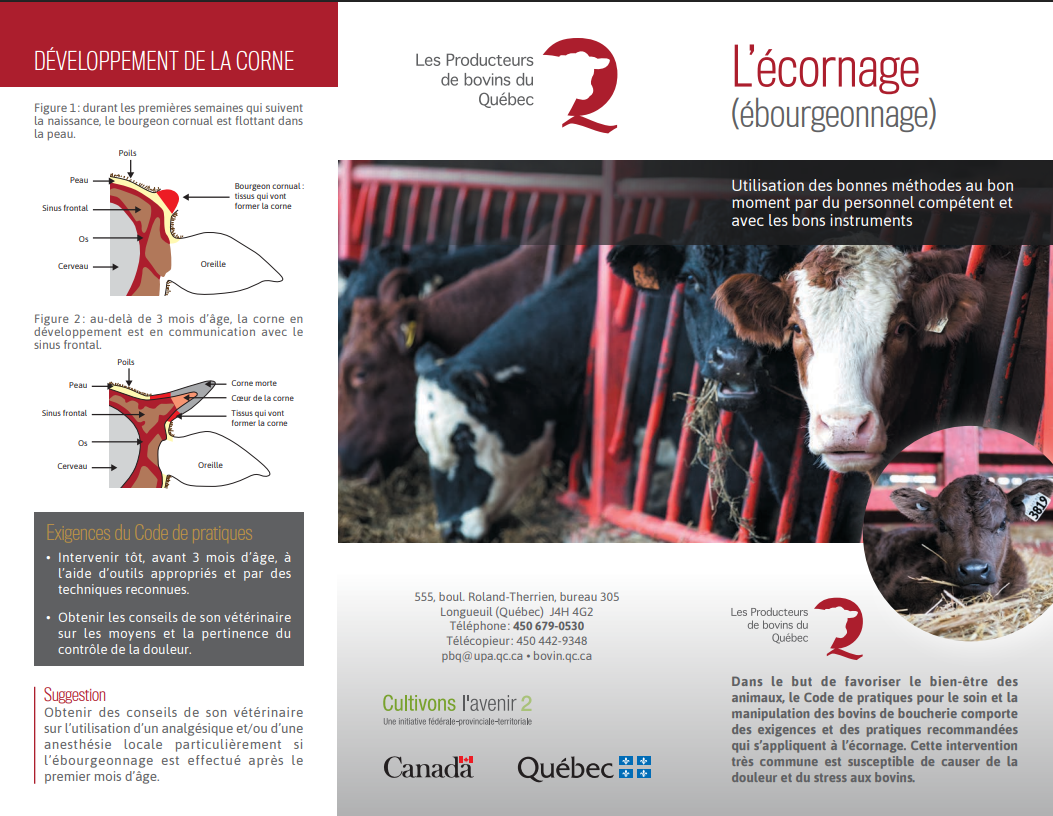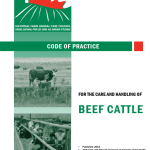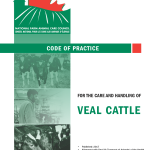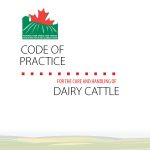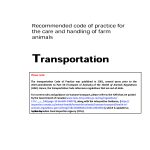Animal welfare
Producers: true champions of animal welfare
Each and every day, Quebec producers apply their passion and expertise as they care for their animals. And it’s not just talk: they take concrete action. See for yourself what they are already accomplishing and how they are delivering on their commitment to animal welfare.
Video to come
Because sustainability is everybody’s business—and it starts on farms.
The VBP+ and CRSB certification programs are designed to promote engagement in sustainability and animal welfare. The VBP+ program in particular is a way for producers to demonstrate their commitment to employing the proper animal husbandry practices in a concrete way. From monitoring animals during the calving and weaning stages to handling and housing, producers pay close attention to the welfare of their livestock. This reflects the requirements of both the VBP+ and the CRSB programs. Click the logos to learn all about the VBP+ and CRSB certification programs.
Certification and animal health
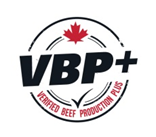
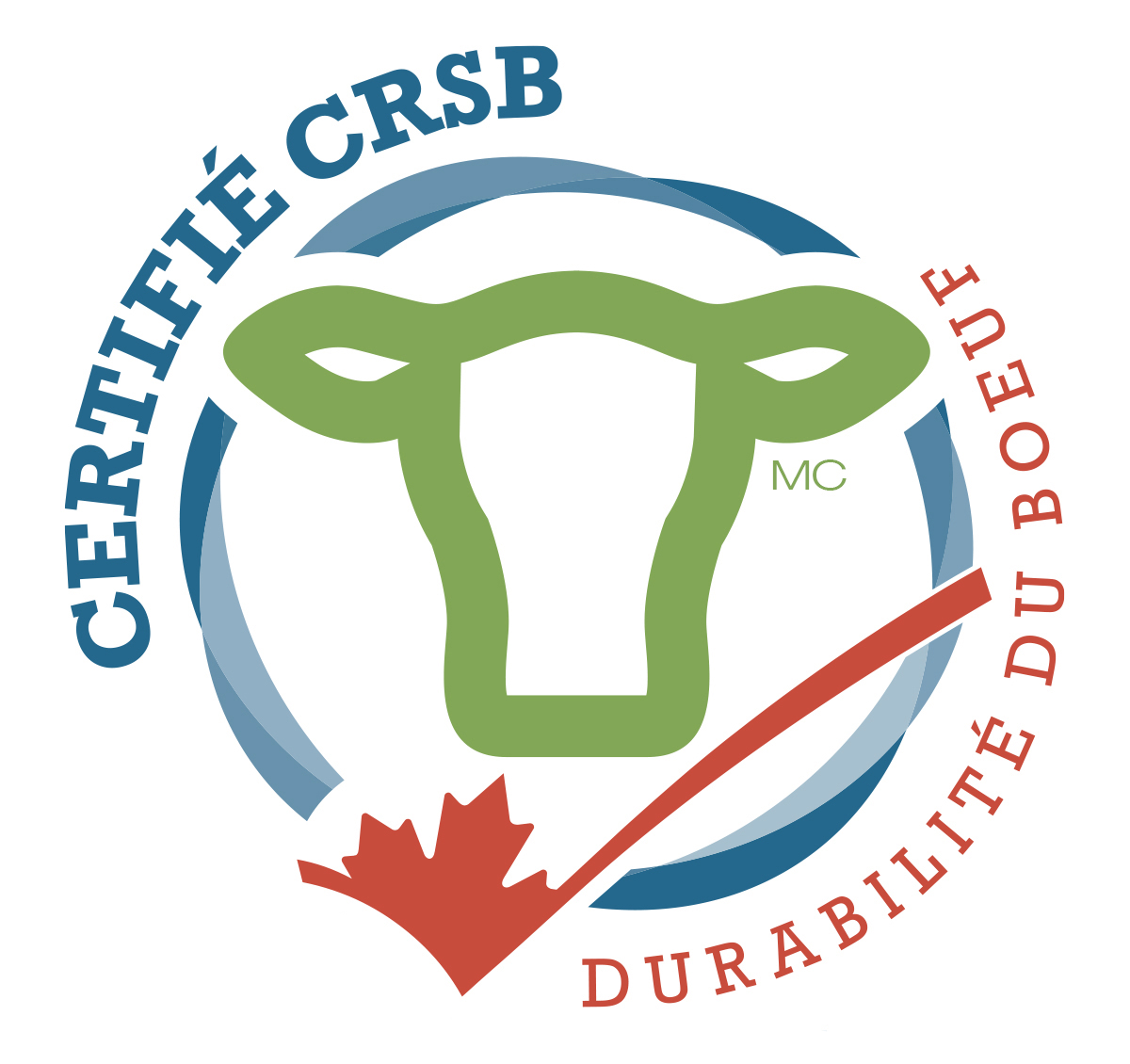
The PBQ’s work on animal welfare
For cattle producers, raising a herd is more than a way to make a living—it’s a passion. To ensure all animals produce quality meat, producers raise them in conditions that satisfy more than just their basic needs. They provide their cattle a calm and comfortable environment in which they are free to exhibit their natural behaviour.
Quebec cattle producers follow recognized animal welfare principles and use the appropriate practices to monitor the health of their herds.
To this end, the PBQ works to improve animal welfare in the following ways:
- Informing producers about animal welfare and recommended practices (see above examples)
- Participating in research to develop effective management practices
- Helping to develop codes of practice by providing expertise on beef and veal cattle production
- Training producers, which includes properly preparing animals for transport and distinguishing between animals that are fit, compromised, or unfit for transport.
For more resources, please visit the websites specific to each production sector.
Codes of practice for cattle production
The Canadian codes of practice are nationally developed guidelines for the care and handling of farm animals. The codes ensure that farm animals are treated according to sound practices that safeguard their health and welfare. The codes are used as pedagogical tools, reference documents for developing regulations, and bases for the industry’s animal care assessment programs. They are reviewed regularly to ensure practices remain up to date with the latest scientific knowledge, technological advances, and practices in the field.
Four codes apply to the cattle sector:
Latest version, published in 2013 (under review)
Latest version, published in 2017
Latest version, published in 2023
Latest version, published in 2001 (review suspended)
Quebec animal welfare legislation
Ministère de l’Agriculture, des Pêcheries et de l’Alimentation du Québec (MAPAQ) is responsible for administering the Act. The MAPAQ intervenes when animal health and welfare are at risk. Farms in Quebec are subject to inspections.
To learn more about the MAPAQ’s role and about the Act, click here.
Animals covered by the Animal Welfare and Safety Act
Following the Animal Welfare and Safety Act
The animal health and welfare inspection process
Animal transport and handling
Animal transport is governed by certain standards and regulations. The Canadian Food Inspection Agency (CFIA) regulations were updated and published in 2020. By employing the proper techniques and equipment to handle animals, producers can protect their own safety and respect animal welfare. A number of resources are available. To find out more, see the links below:
Health of Animals Regulations – Part XII: Transport of Animals (CFIA)
Interpretive guidance on the reg (CFIA)
Infographic developed by the CFIA
 Youtube
Youtube Facebook
Facebook